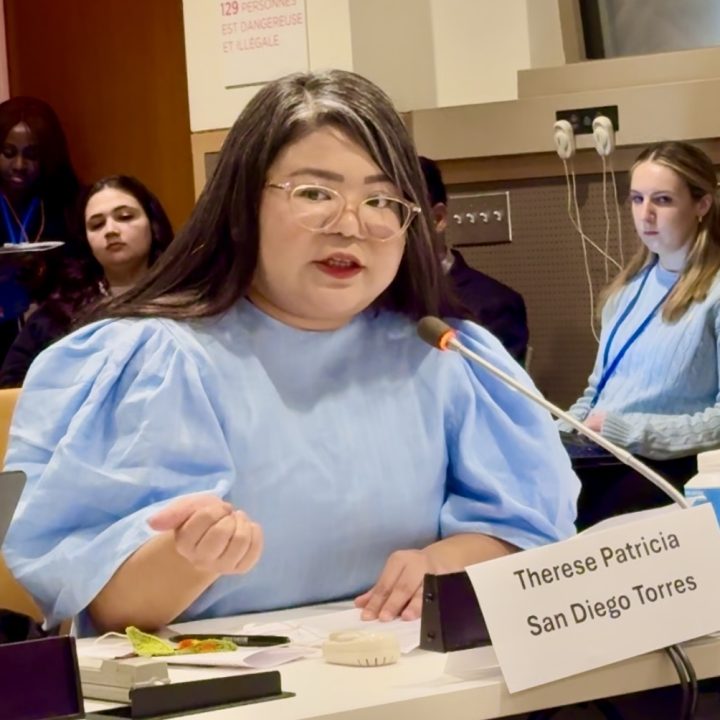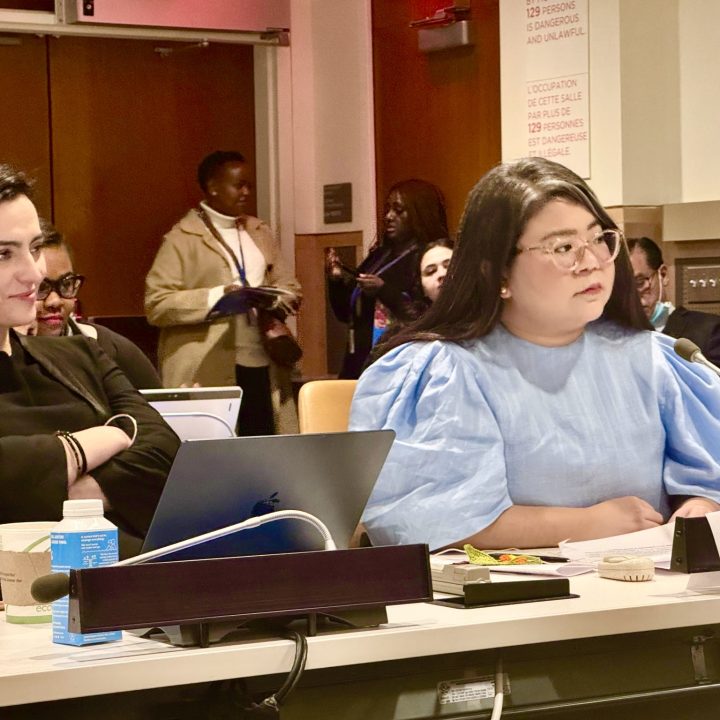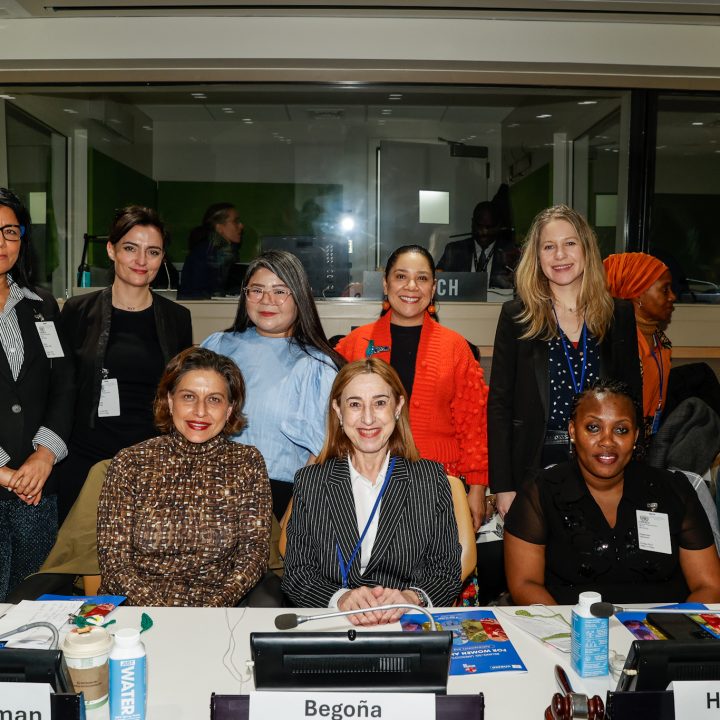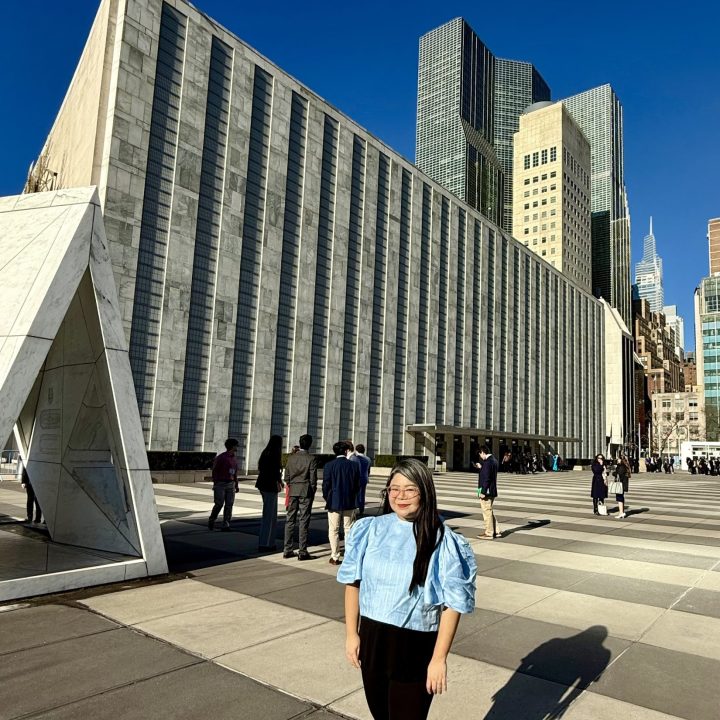AIJC President Speaks on Women and Media at the UN




At the United Nations Commission on the Status of Women (CSW) side event organized by UNESCO in New York in March 2025, AIJC President Therese San Diego Torres discussed the key recommendations from a multi-sectoral review of the Beijing Declaration and Platform for Action, Chapter J: Women and the Media.
The review was part of a consultation meeting attended by Torres at the UNESCO headquarters in Paris in January this year. It gathered journalists, media professionals, academics, and civil society representatives who shared insights on the progress made in challenging gender biases within the media landscape and discussed new and emerging obstacles women in media face, informed by research and experiences from around the globe.
The Paris review was conducted three decades after the adoption of the Beijing Declaration and Platform for Action in 1995, which had put forth a comprehensive agenda for advancing gender equality across various sectors, including the media.
At the CSW side event titled “Beijing+30: UNESCO’s Actions for Women and Girls: Achievements and Foresight,” Torres shared that while some significant strides have been made, challenges persist, with new barriers emerging in response to evolving technologies, shifting political landscapes, and the continuing struggle against entrenched social norms.
Torres provided an overview of some of the crosscutting recommendations from the Paris consultation group, as follows:
- Ensure gender-responsive tech and media governance, while promoting increased participation of women in technology, to create more inclusive and equitable digital and media environments. Policies are needed to prevent bias, discrimination, and online harm.
- Invest in ethical technology and inclusive media. Continue to hold tech companies accountable, but at the same time, support ethical technology development and ensure that emerging technologies, including AI, are transparent, accountable, and free of bias, with a focus on protecting the rights of women and groups in situations of marginalization and vulnerability.
- Make funding available for independent, women-led media initiatives and gender-focused research to support evidence-based policies. Funding priorities must also focus on strengthening media and information literacy initiatives to ensure broader public understanding of the vital role of women in media, and the media’s role in society, while empowering individuals to protect and support a free, independent press.
The full list of recommendations from the expert group initiated by UNESCO will be available online soon.
Moderated by Begoña Lasagabaster, Director of the UNESCO Division for Gender Equality, the side event featured a panel of resource persons from various sectors who shared their insights on how UNESCO’s actions have empowered women and girls worldwide.
The full program is linked here.